MUREŞ COUNTY, HUNGARY—Hungary Today reports that Koppány Bulcsú Ötvös of Romania’s Mureş County Museum and his colleagues found the location of the Battle of Segesvár, which concluded on July 31, 1849. The Russian army won the battle, while the Hungarian revolutionary army lost some 1,300 soldiers, including the Hungarian national poet, Sándor Petőfi. After this defeat and several others, the Hungarians surrendered to the Russians on August 13, 1849. The search for the battlefield, conducted with metal detectors, uncovered some 400 cannonballs and other military equipment, and pinpointed the positions of the Russian and Hungarian armies. “With accurate reference points, we have reconstructed the course of the battle and clarified events that were previously known only from conflicting memoirs,” Ötvös said. The artifacts recovered during the project will be displayed in a new wing at the Sándor Petőfi Memorial Museum, he concluded. To read about excavations of a Cossack stronghold that was destroyed in the early eighteenth century, go to "Ukraine's Lost Capital."
Battlefield From Hungarian Revolution of 1848 Found in Romania
News July 31, 2024
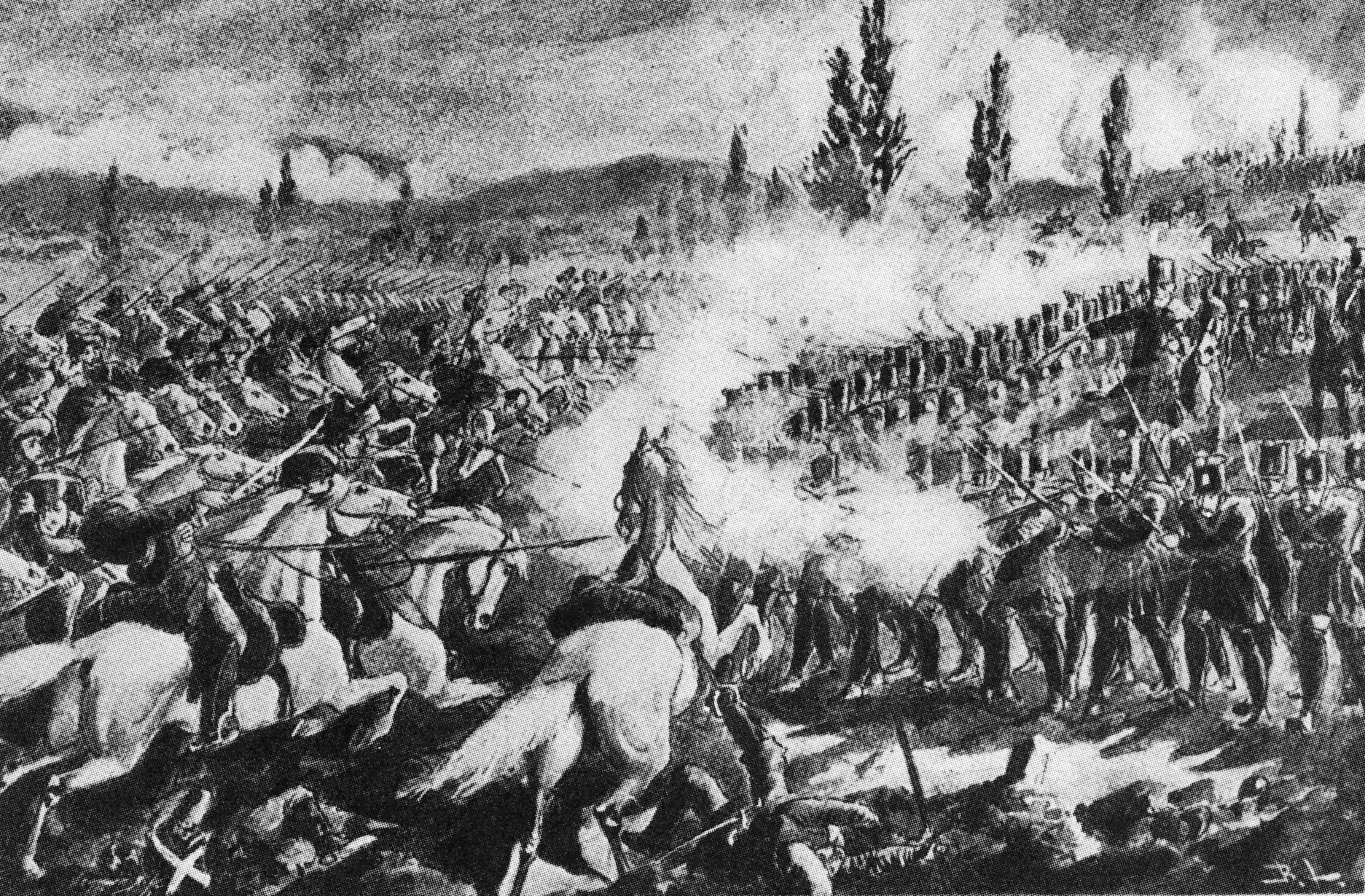
Public Domain via Wikimedia Commons
SHARE:
Recommended Articles
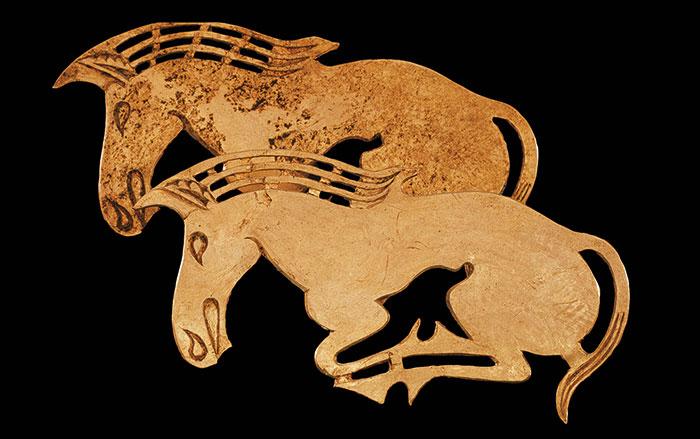
© Sisse Brimberg/GEO Image Collection/Bridgeman Images
Digs & Discoveries November/December 2024
Nineteenth-Century Booze Cruise
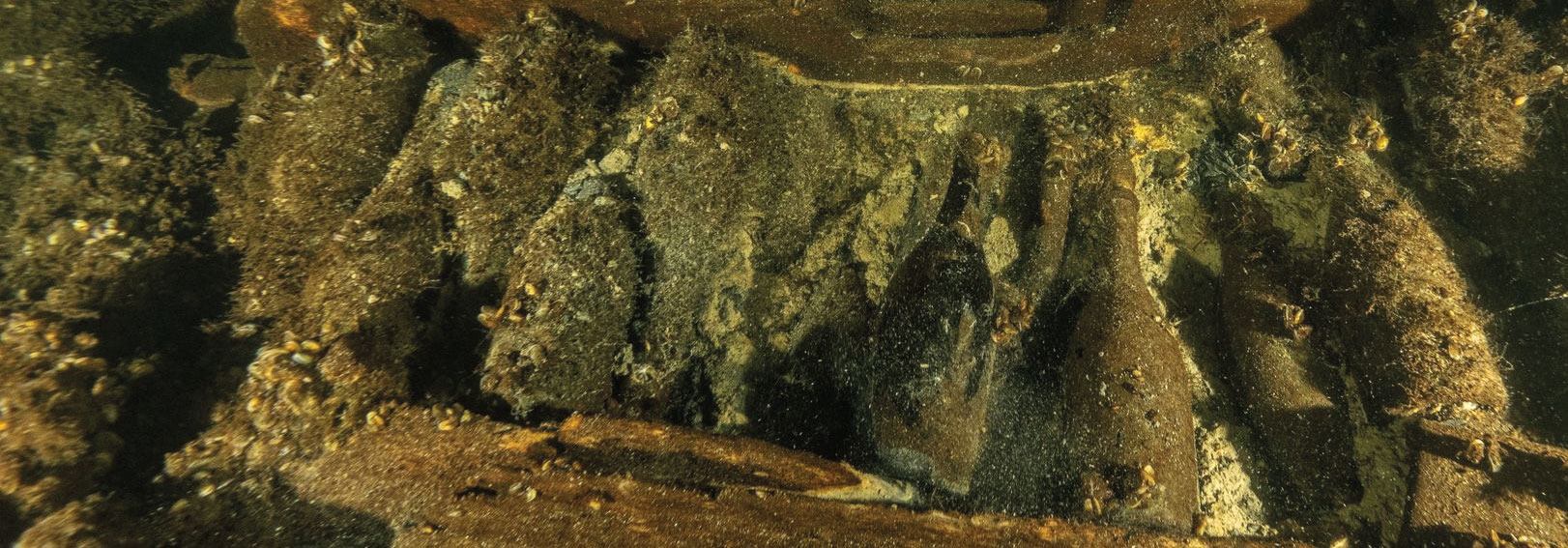
Tomasz Stachura/Baltictech
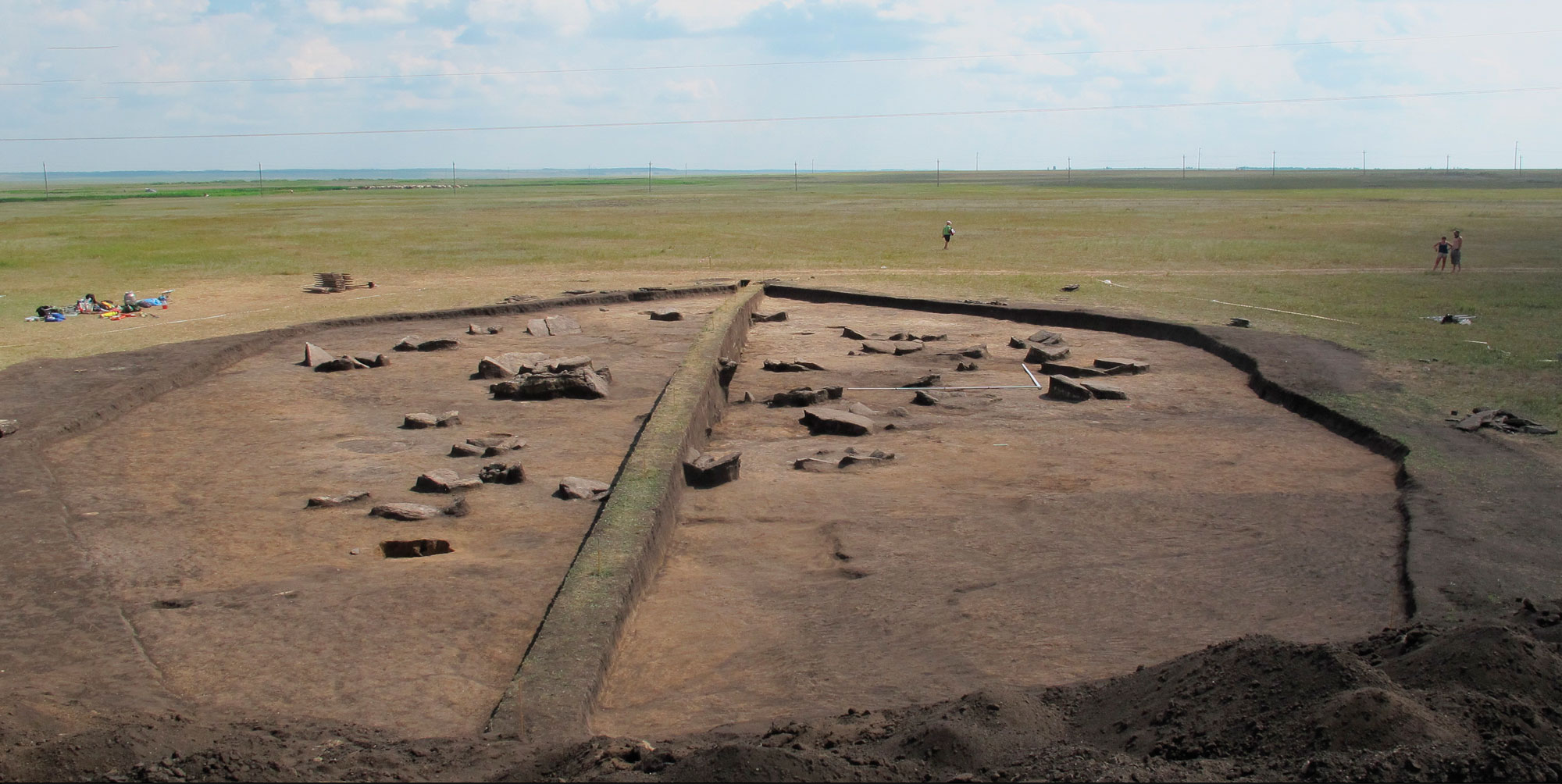
Svetlana Sharapova
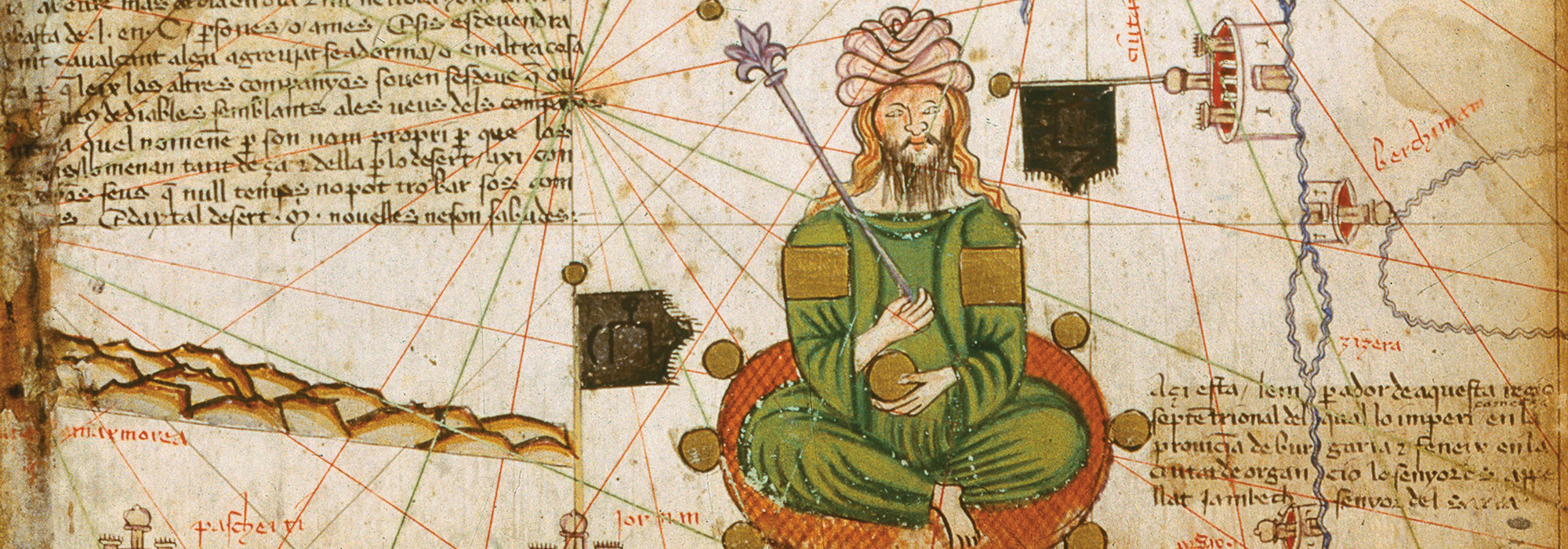
(© BnF, Dist. RMN-Grand Palais/Art Resource, NY)
-
Features July/August 2024
The Assyrian Renaissance
Archaeologists return to Nineveh in northern Iraq, one of the ancient world’s grandest imperial capitals
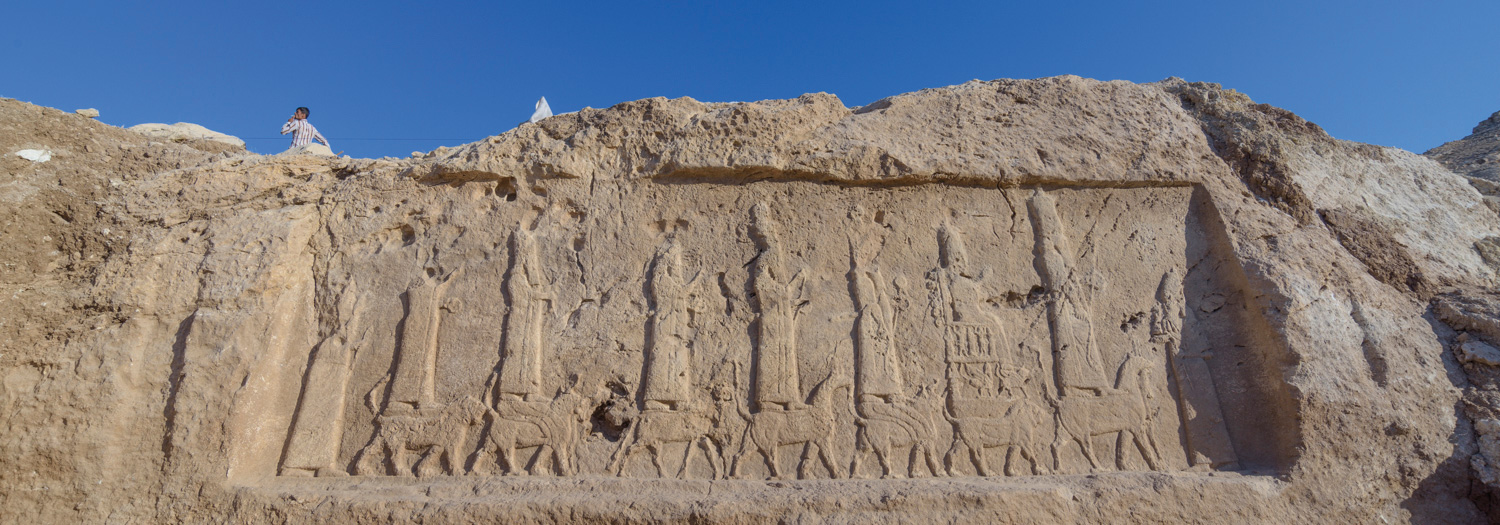 (Land of Nineveh Archaeological Project)
(Land of Nineveh Archaeological Project) -
Letter from Nigeria July/August 2024
A West African Kingdom's Roots
Excavations in Benin City reveal a renowned realm’s deep history
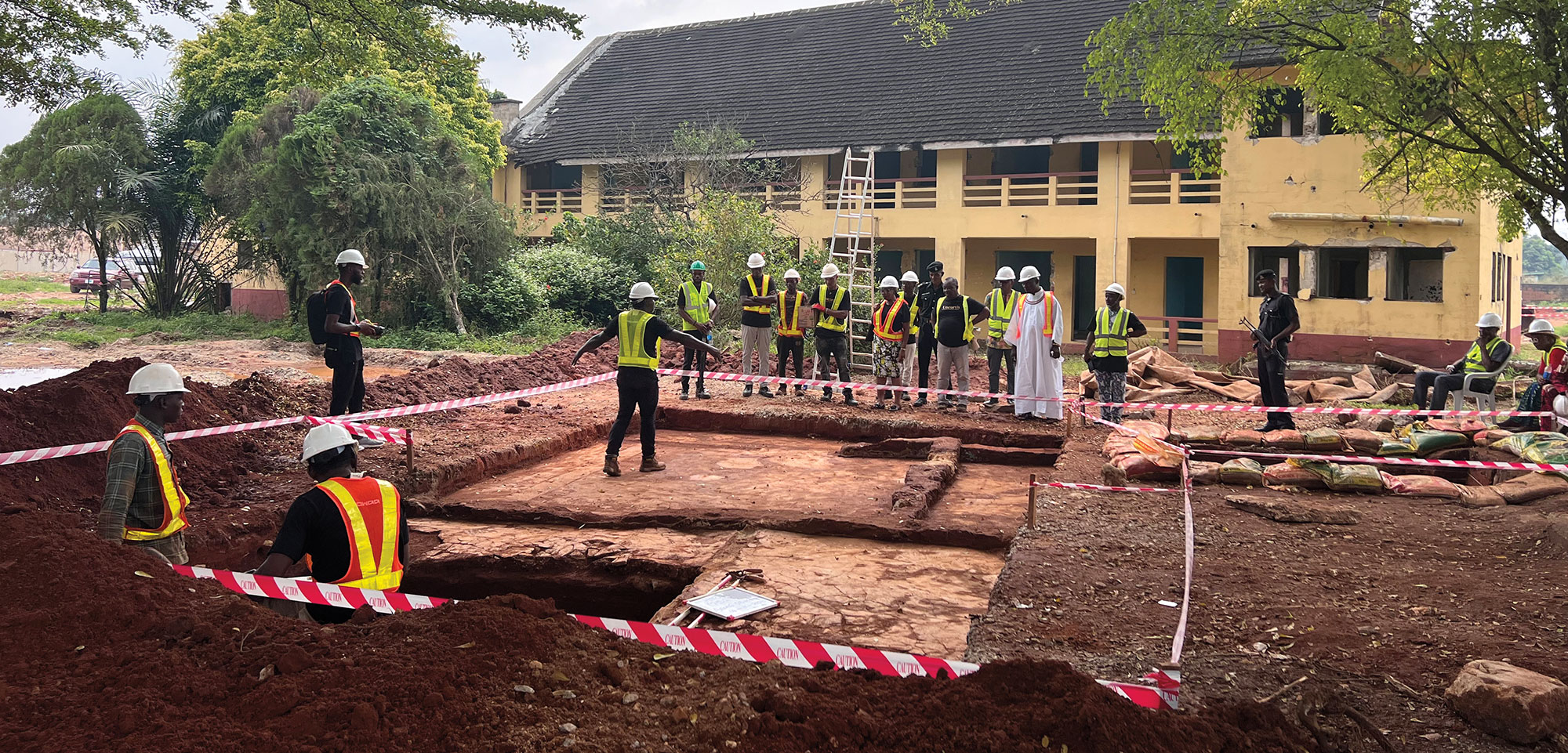 (Mike Pitts)
(Mike Pitts) -
Artifacts July/August 2024
Etruscan Oil Lamp
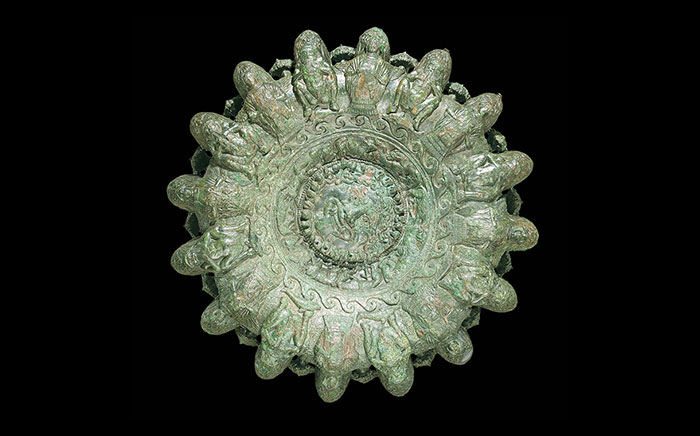 (Courtesy Museo dell’Accademia Etrusca e della Città di Cortona; © DeA Picture Library/Art Resource, NY)
(Courtesy Museo dell’Accademia Etrusca e della Città di Cortona; © DeA Picture Library/Art Resource, NY) -
Digs & Discoveries July/August 2024
Bronze Age Beads Go Abroad
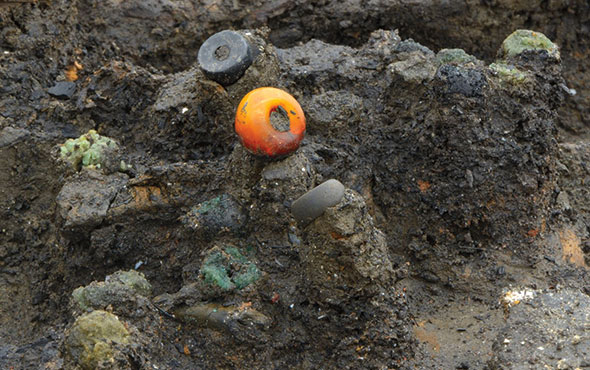 (Courtesy Cambridge Archaeological Unit)
(Courtesy Cambridge Archaeological Unit)


